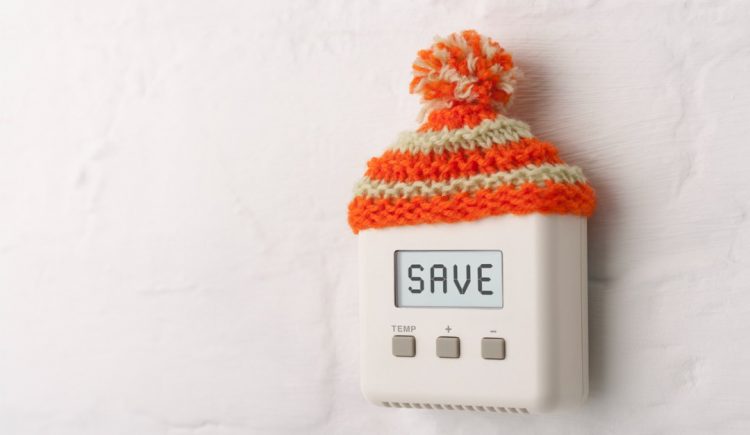During the winter months, energy costs often rise as your home’s heating demands increase. This is because the days are shorter, the nights are longer, there is less sunlight and the temperatures are lower. As a result, your heating bill increases and you use more energy, so lowering this cost and energy demands are at the top of many homeowners’ minds. If you’re looking to reduce your carbon footprint this winter, read on for tips on reducing your home’s energy consumption this winter.
Conduct an energy audit
Hiring energy experts to come to your home and assess ways to conserve energy at home is the first way to reduce energy use. The primary goal of this audit is to help your run as efficiently as possible. The home’s insulation, water heater, thermostat and HVAC system are all components the energy experts will assess.
Update the thermostat
Replacing your thermostat with a smart thermostat can help your house stay comfortable when you’re home and will adjust accordingly when you’re not home. A smart thermostat learns when the homeowners are home and away, so it will change the temperature as it learns your living patterns. It can also be controlled on a smartphone, so you can adjust the heat on your phone when you’re not home.
Replace the lightbulbs
Replacing your home’s incandescent light bulbs with LED light bulbs will help you save energy throughout your home. LED light bulbs are more energy-efficient and can add significant savings. In addition, smart light bulbs, such as wi-fi enabled light bulbs can be controlled via an app and allow you to turn the light on and off or dim it directly from your smartphone.
Check the windows and doors for leaks
Air leaks in the windows and doors can significantly increase your home’s energy consumption. If your home feels chilly, even if the heat is on, there may be a leak in the window or door. Sealing the cracks with weatherstripping, caulk, or other insulation methods can help the house feel less drafty and warmer.
Replace the air filters
When you neglect to change the air filters in the furnace, the HVAC system will work harder to do its job due to the accumulation of dust, dirt and debris. This will cause the system to use more energy. An old filter also means your home is recirculating dirty air.
Close the fireplace damper
When you’re not using the fireplace, be sure to close the damper. Leaving it open for extended periods results in plenty of cold air coming in and letting the warm air escape.
Allow the sunlight to shine through
Not only does flooding your home with natural light boost your mood and give you a much-needed boost of vitamin D, but it will also warm up your home during the daylight hours. For example, opening all the window treatments in the morning will let the sunlight naturally heat the house. Then, when the sun sets, go around and close all the curtains, draperies, shades and blinds to act as a layer of insulation to help the warmth stay inside.








